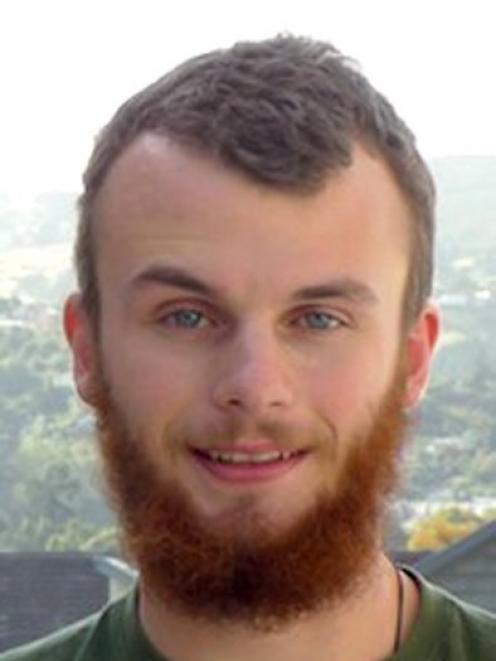Science
Dr. Trainor Secures $820,000 Fellowship for Quantum Research

A researcher at the University of Otago, Dr. Trainor, has been awarded a prestigious $820,000 fellowship by the Royal Society Te Apārangi to explore the potential of crystals in quantum memory storage. This funding, part of the Mana Tūāpapa Future Leader Fellowship program, will support Dr. Trainor’s work over the next four years as he investigates how these materials can revolutionise quantum technology.
Exploring Quantum Memory with Rare-Earth Crystals
As quantum technology emerges, it promises to transform computing, security, and networking industries. Dr. Trainor’s research focuses on specially lab-grown crystals that incorporate small amounts of rare earth elements, such as erbium and neodymium. These rare-earth-doped magnetically ordered crystals have shown significant potential for use in optical quantum memory, which could eventually facilitate advanced data storage solutions.
To conduct his experiments, Dr. Trainor cools these crystals to temperatures colder than outer space and employs laser pulses to manipulate the rare earth elements within. He explains, “I have been using such crystals to store single particles of light—photons—and recall them, which could be used as part of a future quantum network.” His work aims to identify the optimal conditions for these crystals, a critical step towards their real-world application and commercial viability.
Additional Fellowships and Research Areas
Dr. Trainor is among several researchers at the University of Otago who received Mana Tūāpapa Future Leader Fellowships. Other recipients include Dr. Alice-Roza Eruera, who will study ancient viruses to evaluate their potential applications in biotechnology and medicine. Dr. Rebecca French is investigating the risk of virus outbreaks in humans linked to rats in New Zealand, while Dr. Caitlin Owen aims to develop a more transparent and energy-efficient system for automated machine learning. Dr. Wahineata Smith will examine the experiences of Māori and Tongan families raising children with dual heritages.
Additionally, Prof. Neil Gemmell has been awarded a $220,000 Royal Society Mana Tūārangi Distinguished Researcher Fellowship. He plans to research the role of mitochondrial DNA (mtDNA) in fertility, ageing, and health, applying advanced genetic tools. Prof. Gemmell notes, “This work will enhance our understanding of the mitochondrial genome’s sex-specific influence on fitness, behaviour, health, and ageing.”
The recognition of these researchers underscores the University of Otago’s commitment to advancing scientific knowledge and innovation in various fields. Through their groundbreaking work, they aim to push the boundaries of our understanding and bring significant advancements to technology and medicine.
-

 World3 months ago
World3 months agoTest Your Knowledge: Take the Herald’s Afternoon Quiz Today
-

 Sports3 months ago
Sports3 months agoPM Faces Backlash from Fans During Netball Trophy Ceremony
-

 Lifestyle3 months ago
Lifestyle3 months agoDunedin Designers Win Top Award at Hokonui Fashion Event
-

 Sports3 months ago
Sports3 months agoLiam Lawson Launches New Era for Racing Bulls with Strong Start
-

 Lifestyle3 months ago
Lifestyle3 months agoDisney Fan Reveals Dress Code Tips for Park Visitors
-

 Health3 months ago
Health3 months agoWalking Faster Offers Major Health Benefits for Older Adults
-

 World3 months ago
World3 months agoCoalition Forms to Preserve Māori Wards in Hawke’s Bay
-

 Politics3 months ago
Politics3 months agoScots Rally with Humor and Music to Protest Trump’s Visit
-

 Top Stories3 months ago
Top Stories3 months agoUK and India Finalize Trade Deal to Boost Economic Ties
-

 Entertainment3 months ago
Entertainment3 months agoExperience the Excitement of ‘Chief of War’ in Oʻahu
-

 World3 months ago
World3 months agoHuntly Begins Water Pipe Flushing to Resolve Brown Water Issue
-

 Science3 months ago
Science3 months agoNew Interactive Map Reveals Wairarapa Valley’s Geological Secrets









